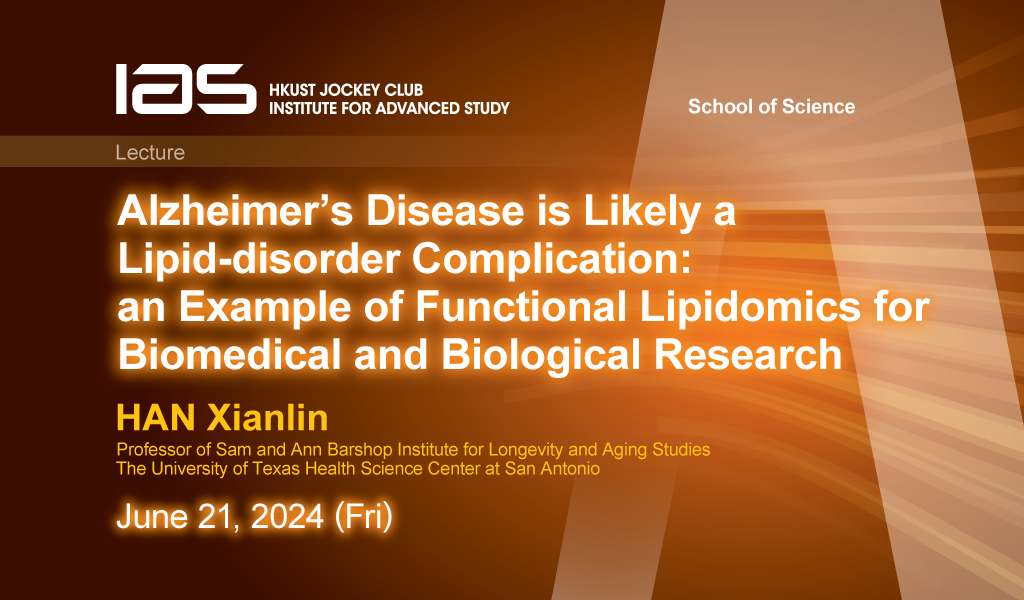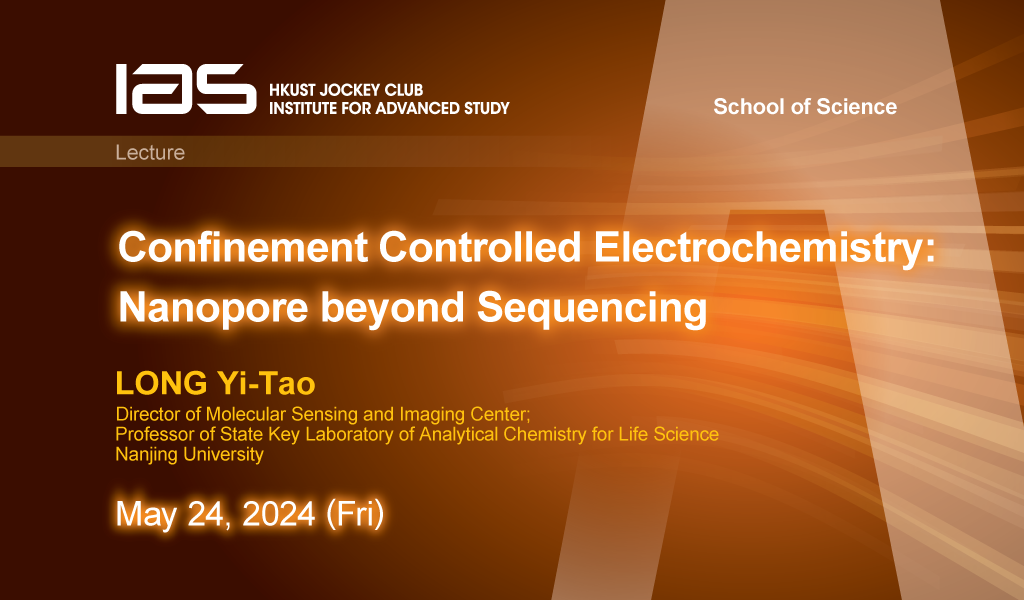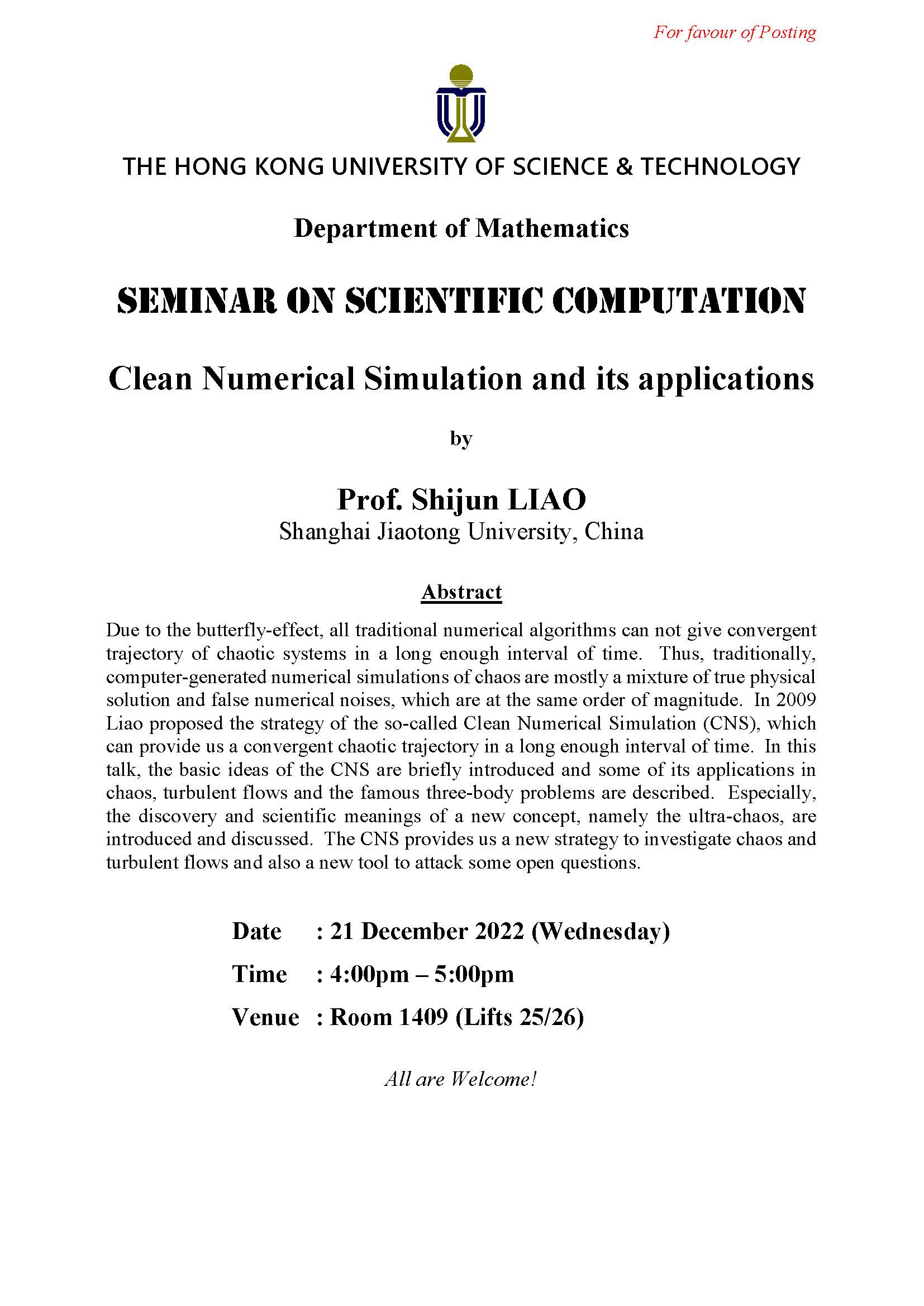Due to the butterfly-effect, all traditional numerical algorithms can not give convergent trajectory of chaotic systems in a long enough interval of time. Thus, traditionally, computer-generated numerical simulations of chaos are mostly a mixture of true physical solution and false numerical noises, which are at the same order of magnitude. In 2009 Liao proposed the strategy of the so-called Clean Numerical Simulation (CNS), which can provide us a convergent chaotic trajectory in a long enough interval of time. In this talk, the basic ideas of the CNS are briefly introduced and some of its applications in chaos, turbulent flows and the famous three-body problems are described. Especially, the discovery and scientific meanings of a new concept, namely the ultra-chaos, are introduced and discussed. The CNS provides us a new strategy to investigate chaos and turbulent flows and also a new tool to attack some open questions.

Shanghai Jiaotong University, China



